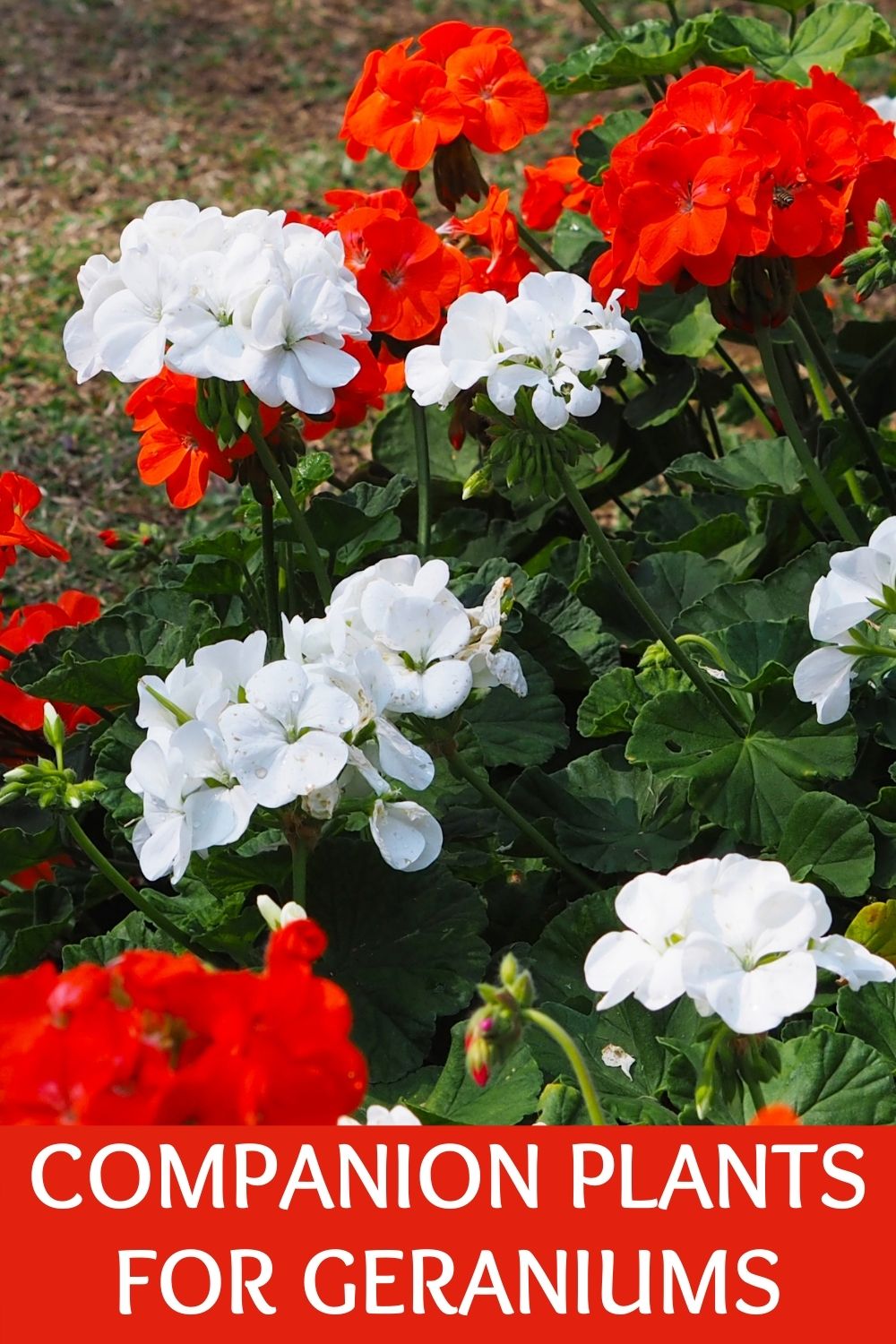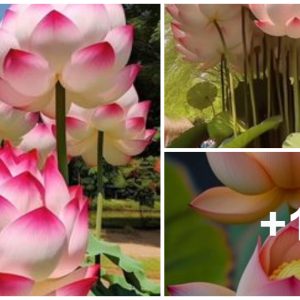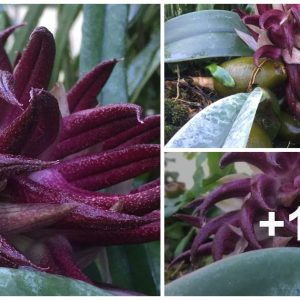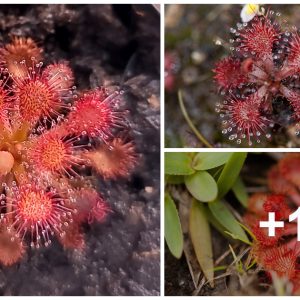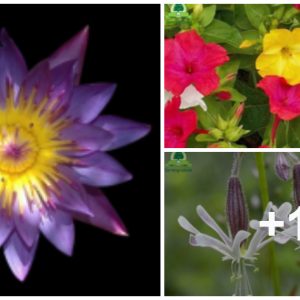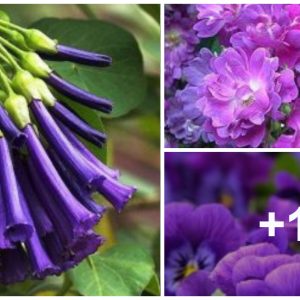Bright and cheerful, attractive to butterflies and bees, geraniums are favorite garden flowers that will provide color from spring to fall. If you are trying to grow your garden without the use of hazardous poisons and harsh chemicals, you may want to try companion planting. When you learn about the companion plants for geraniums, you can plan your garden to take advantage of the natural benefits of many plant pairings.
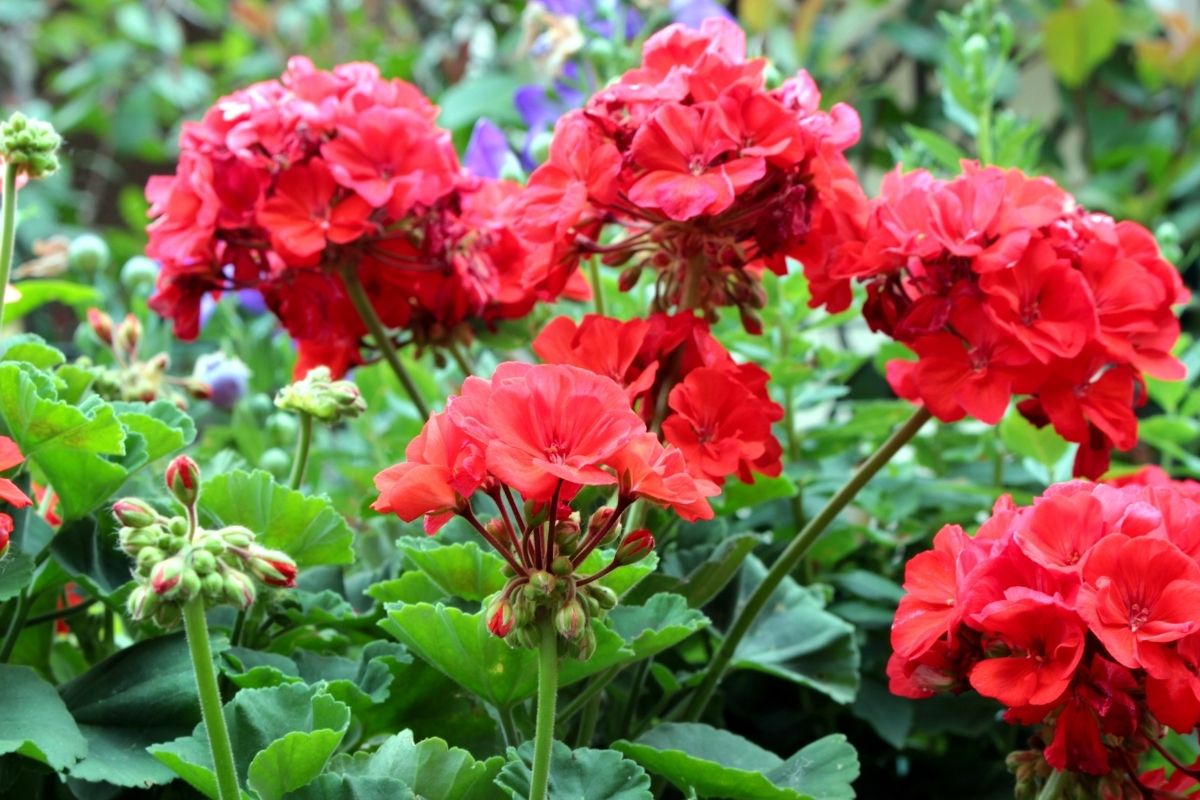
1. Catnip (Nepeta cataria)
With pungent oils that kitties apparently love, catnip is very useful in the garden. The smell of this plant repels pests that might bother your geraniums. Aphids, potato beetles, and Japanese beetles are just a few of the pests that find the fragrance of catnip unappealing.
If you plan on growing catnip, one thing to be on guard for is that catnip is thought to be very invasive. Unless you want catnip invading all of your flower beds, you may want to put it in a few pots which you will place near your geraniums. This will prevent the plant from taking over.
Catnip is very easy to grow. It will take full sun, light afternoon shade, good soil, or poor soil. Set your plants out after the last frost date in your area. In most areas of the country, catnip is a perennial and will come back every spring. You may want to pinch back the plants to keep the plants from getting too leggy and keep them compact and bushy. If you want to limit the spread of catnip in the garden, you should snip the flowers before they go to seed.
2. Chives (Allium schoenoprasum)
While chives are very useful and tasty in the kitchen, they also provide benefits for your geraniums. These plants attract honey bees, butterflies, and many other beneficial insects to your geraniums, making your plants bloom more profusely due to cross-pollination.
Chives also attract ladybugs that feed on aphids which might be a problem for your geraniums. Additionally, the fragrance oils in chives repel Japanese beetles and carrot flies which feed on geraniums.
Chives can be grown in almost any kind of soil, no matter the soil pH or type. They do best in full sunshine, but they can handle a bit of light shade as well.
Chives are low-maintenance plants. It is best to grow them indoors from seeds and then transplant them into the garden after all danger of frost. Alternately, you can buy potted chives at your local garden center. After you’ve planted your chives, all you have to do is keep them watered during any dry spells during the summer.
3. Alliums (any plant in the Amaryllidaceae family)
Like chives, alliums have fragrance oils that many nuisance insects do not like. Pests like aphids do not care for the smell of alliums, so planting them near your geraniums will keep aphids from bothering your favorite plants.
While many people say that rabbits do not care for the smell or taste of geraniums, in some places, the rabbit population may not have gotten that memo. If bunnies are chowing down on your geraniums, planting alliums nearby could keep the rabbits away from your beautiful flowers. Alliums have such a strong flavor that rabbits will not go near them.
Alliums really do need full sun. If you try to plant them in partial shade, they will grow crooked as they try to seek out the sunlight. Plant your alliums in the fall before the last frost date in a place that has well-drained soil. Overly moist planting places can cause the bulbs of these lovely plants to rot. Just scatter a bit of compost over the place where your alliums are growing each year as fertilizer.
4. Marigolds (Tagetes erecta)
Slugs often bother geraniums, and if you notice these slimy invertebrates feasting on your lovely flowers, you can save them by planting a batch of marigolds near the geraniums. Marigolds are great companions for geraniums because they repel slugs. However, these lovely flowers also repel mosquitoes and, for this reason, will help you enjoy your garden more.
Marigolds are one of the easiest plants to grow. You can easily start them from seeds or you can buy potted marigolds from the nursery. Marigolds prefer full sun but they can also be grown in partial shade conditions. Smaller varieties should be planted about 8 inches apart, and taller marigolds should be spaced about a foot apart. They will do just fine in average soil conditions, but they do need good drainage.
5. Nasturtium (Tropaeolum majus)
Japanese beetles can be a real problem for people who like to grow geraniums. These pesky beetles love to munch on the foliage and blooms of the lovely geranium in the hot part of the summer. However, plants like nasturtium repel Japanese beetles, helping your geraniums grow more beautifully.
Nasturtiums are great companions for geraniums because they have similar needs. They need full sunlight, so plant them in places that get 6 to 8 hours of sunshine per day. They can grow in partial shade, but they will not flower as well. Nasturtiums need well-drained soils. Plant the seeds about a half-inch deep and about a foot apart in the garden.
Here’s how to grow nasturtium flowers.
More plants to pair with geraniums
The above are just a few of the many plants you can mix with geraniums for a beautiful flower garden. You can create hanging baskets or a porch container garden by adding any of the following plants to your geranium container:
- asparagus fern
- sage
- coleus (colorful leaves)
- sweet potato vine
- impatiens
- wave petunias
- creeping Jenny
- celosia
- ivy
- verbena
- angelonia
- variegated basil (strong scent)
- canna
- blue daze (beautiful blue flowers)
- spider plants
FAQs about growing geraniums
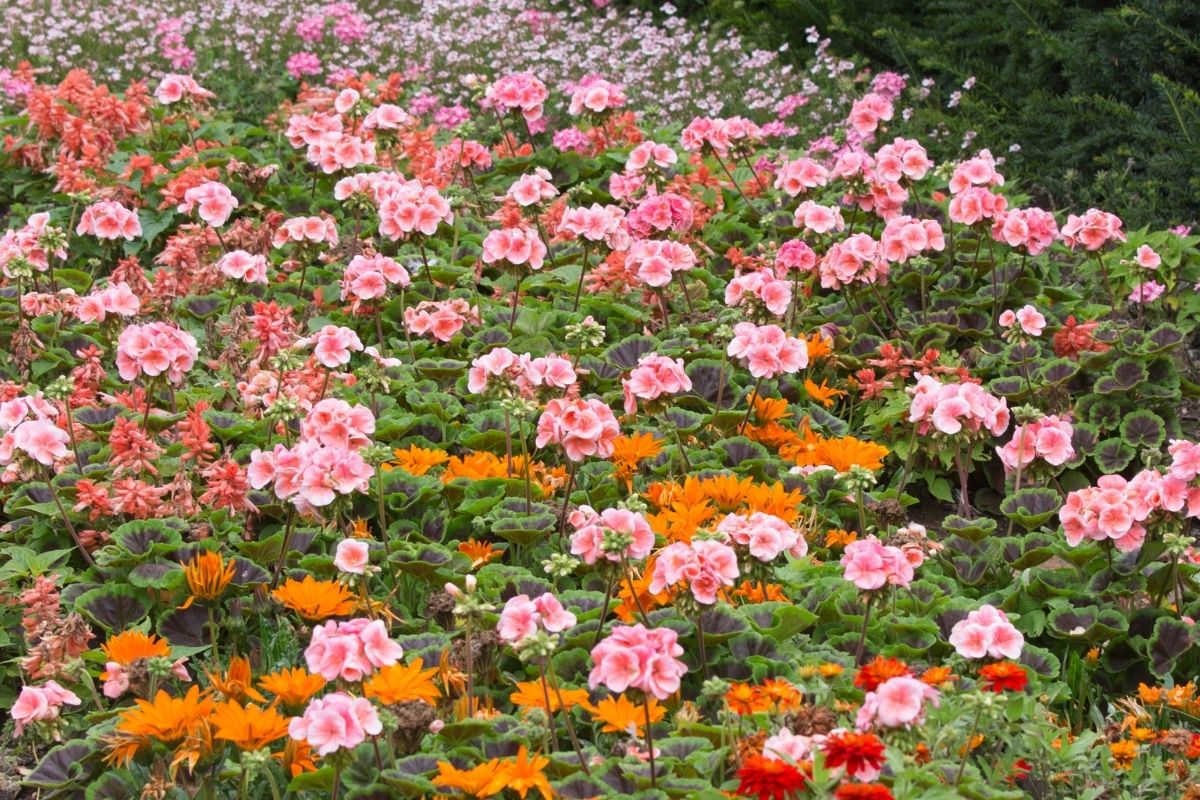
Do geraniums benefit other plants in the garden?
Many other plants will benefit from geraniums as well. The scent of a geranium plant will repel aphids and cabbage worms. Their scent is also said to deter deer and rabbits from munching on your plants. People also use geraniums as a “trap plant” to keep the Japanese beetles from eating other plants. The idea is that the beetles are drawn to the geraniums and away from other plants like roses.
Will my geraniums last all winter?
Geraniums are not typically cold-hardy, and they will die when the first frost comes. However, if you pot your geraniums, you can bring them indoors and they will live all winter. Then you can put them back outside next spring to bring more beauty to your landscape.
How can I propagate my geraniums?
While you can grow geraniums from seed, the easiest way to grow them is from stem cutting. Just snip off a stem with several leaves attached. Strip away the bottom-most leaves and put the stem in a glass of water. After a few weeks, roots will sprout and you can pot the new plant in soft potting soil. Keep it moist until it puts out a few new stems, at which time you can plant the baby geranium in the garden.
Do geraniums prefer sun or shade?
Geraniums are plants that love the sun, and they need at least 6 to 8 hours of sunshine on a daily basis. You can try to grow geraniums in lower light conditions but they will grow leggy as they try to get to more sunlight. Also, the geranium will not flower as prolifically if it does not have adequate sunlight.
What vegetables grow well with geraniums?
You can grow geraniums with almost any kind of vegetable. Since geraniums attract Japanese beetles, the geraniums will draw the beetles from the cucumbers and other veggies in the garden. Additionally, they will repel aphids, potato beetles, and other nuisance bugs in the garden.
Conclusion
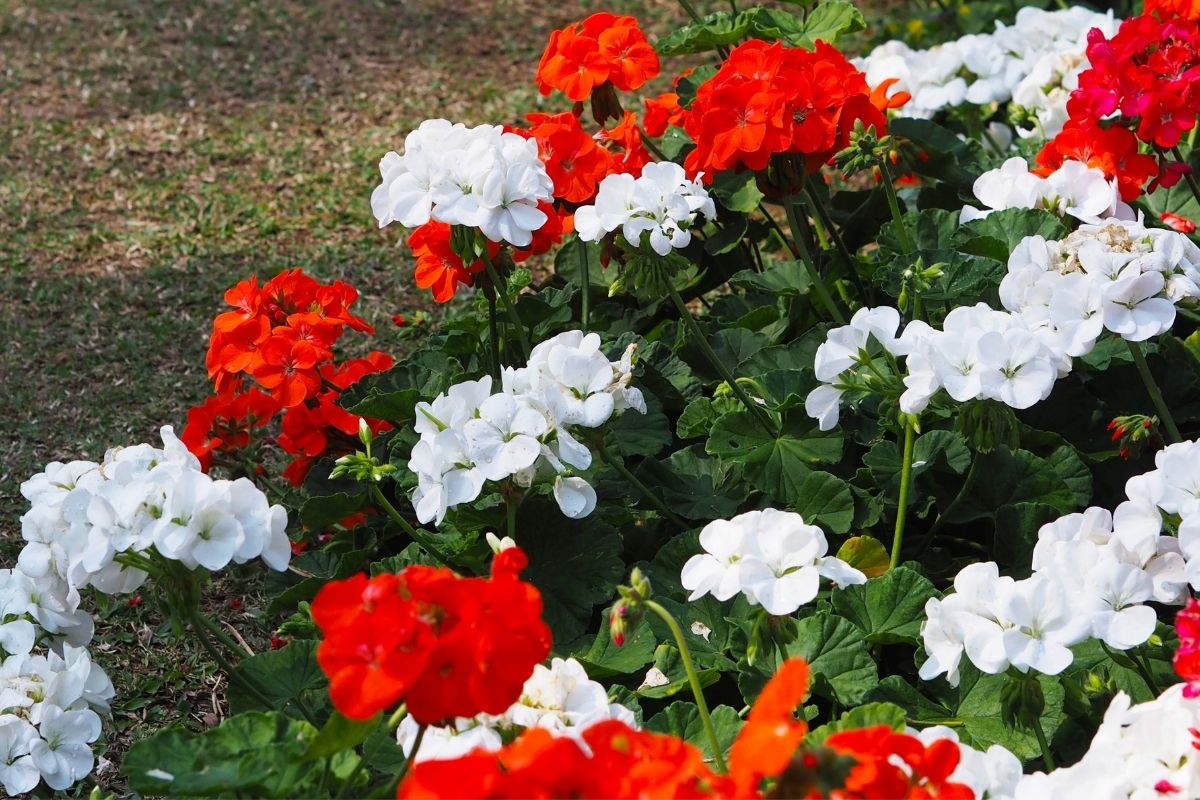
Geraniums are lovely plants that will bring great pleasure and beauty to your garden. They make great companion plants for many other ornamental and edible plants, and they come in a wide variety of colors. Additionally, they come with foliage in various color patterns. No matter the theme of your garden, you are sure to find a geranium that fits your landscape design. When you pair your geraniums with other companion plants, there will be no need to depend on chemical pesticides and fungicides.
